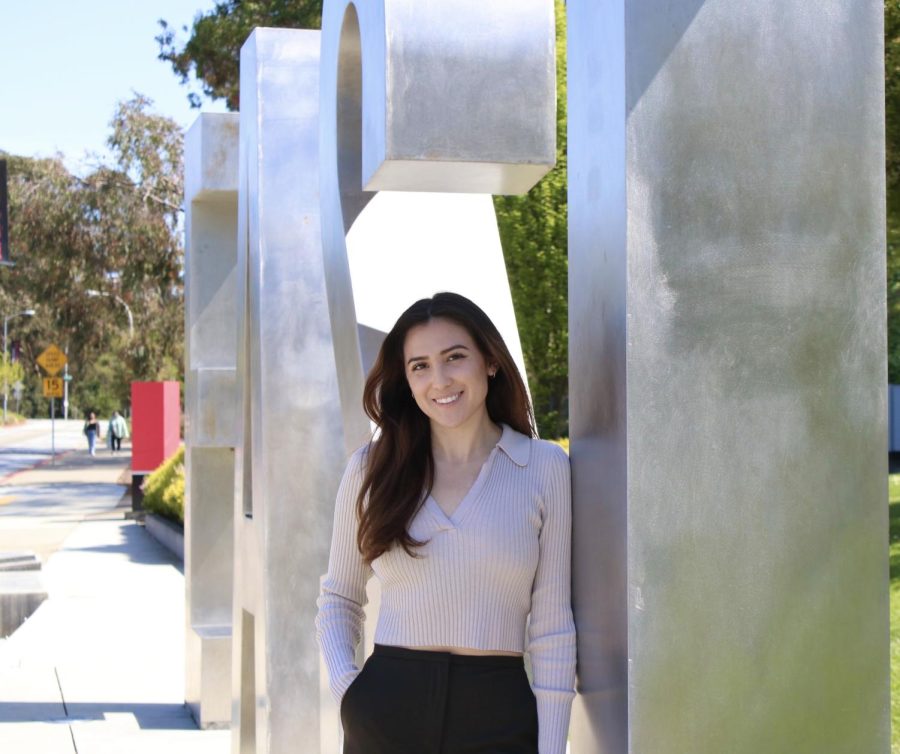Japan’s last operational nuclear reactor was shut down on May 5 to the jubilation of citizens left leery of atomic power since the Fukushima disaster last spring, BBC News reported.
Since the tsunami and subsequent meltdown of the Fukushima-Daiici plant, every nuclear reactor in the country has been deactivated for routine maintenance and will not be allowed to reopen until local authorities have administered earthquake and tsunami safety tests.
So far, none have been deemed safe, though the Ohi plant near Osaka might be restored to combat severe energy shortages, the government said.
Japan has relied on nuclear power for almost a third of their electricity since 1970 before the Fukushima disaster.
Though fossil fuel imports have sharply risen, officials worry the summer could hold shortages and blackouts without atomic energy. Even with these concerns Tokyo is reluctant to move against public opinion.
Anti-nuclear demonstrators numbering up to 5,500 marched in the capitol city to celebrate the cessation of nuclear operations, carrying banners to symbolize their protest against atomic energy.
Many nuclear reactors in the United States are designed similarly and operated to many of the same standards as reactors in Japan, including the Vermont Yankee plant and the now decommissioned Maine Yankee plant in New England.
If Japanese citizens are ready to move beyond nuclear energy despite the challenges they are being faced with, the United States should be heading in the same direction.
California’s geological situation makes it particularly prone to earthquakes and precarious when it comes to housing nuclear reactors. This was one of the reasons the Humboldt Bay nuclear reactor was shut down in the late 1970s.
While it is true that atomic energy is very efficient to produce — and has been used — for decades with limited disastrous consequences the potential risk is still too high.
Meltdowns can cause radiation leaks, atomic explosions and unknown long-term environmental impacts.
Even after being decommissioned, the Humboldt Bay reactor caused panic when the Pacific Gas and Electric Company announced in 2004 that three spent plutonium rods were unaccounted for, spurring a one million dollar investigation. Though it was shut down in 1976, dismantling of the nuclear part of the plant isn’t scheduled for another year.
Marine biologists along the coast of California have reported an increase in radioactivity of fish and kelp in the past year, suggesting that contaminants from reactors have reached a detectable level, though not yet harmful to humans.
The mere mention of “Chernobyl” or “Three Mile Island” evokes unease about the possibility of nuclear catastrophe and what the potential unforeseen consequences to nuclear power entail.
The United States is the world’s largest energy producer and consumer, and houses most of the world’s nuclear power plants. This continued use of nuclear energy is a ticking time bomb.
Bay Area citizens in particular have reason to be concerned, since Alameda County has its own operational nuclear reactor in Pleasanton at the Vallecitos Nuclear Center.
Power production at the site halted in 1963 and it is now used as a research laboratory. Even with these changes there are still ongoing anti-nuclear campaigns regarding the site and others like it.
Bay Area and American citizens at large should join these campaigns in demanding renewable and safe energy sources. The potential risk to continuing dependency on nuclear energy sources far outweigh the benefits they afford.
If Japanese citizens and their government can begin to shift their dependency away from nuclear energy, even at the cost of furthering the damage from one of the most difficult crises they have faced, this country has no excuse for not making the effort to do the same.










